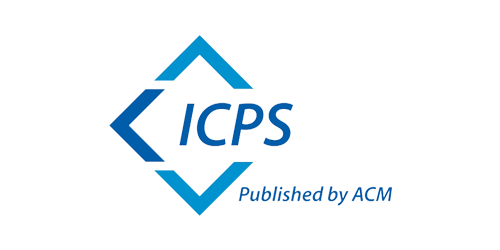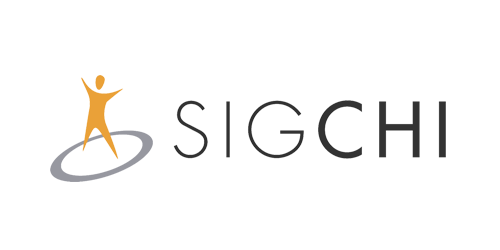ALL CALLS
(Papers, Music & Concerts, Installations & Demos,
Workshops & Tutorials & Student Think Thank & Doctoral Consortium)
available at https://amicad2025.dei.uc.pt/
Audio Mostly is an interdisciplinary conference on design and experience of interaction with sound that prides itself on embracing applied theory and reflective practice. Its annual gatherings bring together thinkers and doers from academia and industry that share an interest in sonic interaction and the use of audio for interface design. This remit covers product design, auditory display, computer games and virtual environments, new musical instruments, and education and workplace tools. It further includes fields such as the psychology of sound and music, cultural studies, system engineering, and everything in between in which sonic interaction plays a role. Popular keywords of previous submissions are visualized as tag cloud below (download alphabetical list here).

Tag cloud of aggregated keywords of Audio Mostly 2010-2019, showing the variety of disciplines in the conference (© M. Weger and K. Groß-Vogt, 2019).
CONFERENCE THEME
This year’s conference theme, “Let’s Play Together”, intends to invite scholars, researchers, artists and practitioners for an interdisciplinary gathering to collaboratively explore sound and its social dimensions. The concept of playing encompasses playing as social bonding, playing as the act of exploring the musical space of instruments for personal and shared expressions, playing as an interactive and collective approach, playing as an explorative attitude towards studying sound art and aesthetics, and playing as a shared activity to foster creativity.
The concept of collective play embodies a wide range of acoustic phenomena, including music, sound art and sound technologies. We welcome topics that focus on the importance of sound within play, either in performative arts, embodied experiences, network-based technologies, soundscape compositions, game and media studies, perception explorations, or social and collaborative computing.
LIST OF TOPICS
The Audio Mostly conference series is interested in Sonic Interaction Design and Human-Computer Interaction (HCI) in general. The conference provides a space to reflect on the role of sound and music in our lives and how to understand, develop and design systems which relate to sound and music. We are particularly interested in this from a broad HCI perspective. We encourage the submission of original papers, posters, demos, workshops, music contributions and installations addressing the conference theme or other topics from the list provided below. We welcome multidisciplinary approaches involving a diversity of fields, including but not limited to the following topics:
- Sound Design Approaches (theories, models, methods and taxonomies)
- Sonic Cultural Studies (ethnography, musicology)
- Philosophical Perspectives on Interaction, Sound and Design (ontological, aesthetic, sociological, critical and epistemological issues)
- User Experience Studies, Models and Methods
- Participatory and Co-Design Methodologies
- Speculative Designs and Prototypes
- Arts-based Research
- Music, Performing and Sonic Arts
- Psychoacoustics, Perception and Cognition Studies
- Auditory Process Monitoring and Real-world Applications
- Accessibility, Inclusive Design and Assistive Technologies with Sound
- Sonic Interaction Design (e.g. embodied and multimodal interaction, musical expression, ambient)
- Sound and Music in Games and Interactive Media
- Immersive and Spatial Audio
- Computational Modeling and AI Approaches for Sound (e.g. MIR, Affective Computing, Co-Creative Systems, Semantic Web)
- Embedded and Sensing Devices and Platforms
- Augmented, Virtual and Mixed Reality
- Sound and Music Production & Engineering (e.g. binaural audio, music libraries, interfaces, synthesis models)
- Multimodal Interfaces and Interactions (e.g. data analysis, storytelling)
- Acoustic Ecology and Soundscape Studies
We expect submissions covering these topics from a variety of viewpoints: from design (HCI, sonic interaction design, sonification and multisensory interactions, extended reality) to engineering (signal processing, spatial audio, networking, artificial intelligence) to music and fine arts (composition, artistic research). The Audio Mostly 2025 theme proposes to explore the multitude of play perspectives within sonic research.




